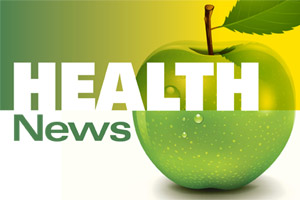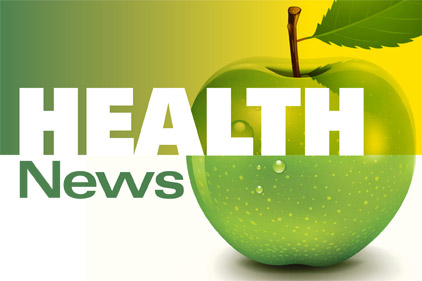 While natural products continue to be the most common complementary health approach, a new survey from the National Institutes of Health shows some changes in those products’ popularity since 2007, with some products becoming more popular and some falling out of favor. (Dietary supplements other than vitamins and minerals are considered natural products.)
While natural products continue to be the most common complementary health approach, a new survey from the National Institutes of Health shows some changes in those products’ popularity since 2007, with some products becoming more popular and some falling out of favor. (Dietary supplements other than vitamins and minerals are considered natural products.)
Survey highlights:
- Fish oil was the top natural product among adults.
- Adults’ use of fish oil, probiotics or prebiotics, and melatonin increased between 2007 and 2012.
- Adults’ use of glucosamine/chondroitin, echinacea, and garlic decreased between 2007 and 2012.
- Fish oil was the top natural product among children. This is a change from 2007, when echinacea was first.
- Melatonin was the second most used natural product by children in 2012. Its use increased substantially from 2007 to 2012.
“While NHIS does not assess why shifts in use occur, some of the trends are in line with published research on the efficacy of natural products,” said Josephine P. Briggs, M.D., Director of NCCIH. ”For example, the use of melatonin, shown in studies to have some benefits for sleep issues, has risen dramatically. Conversely, the use of echinacea has fallen, which may reflect conflicting results from studies on whether it’s helpful for colds. This reaffirms why it is important for NIH to study these products and to provide that information to the public.”
The complementary health questionnaire was developed by NIH’s National Center for Complementary and Integrative Health (NCCIH) and the Centers for Disease Control and Prevention’s National Center for Health Statistics (NCHS). The complementary health questionnaire is administered every 5 years as part of the National Health Interview Survey (NHIS), an annual study in which tens of thousands of Americans are interviewed about their health- and illness-related experiences. The 2012 NHIS survey is the most current, comprehensive, and reliable source of information on the use of complementary health approaches by U.S. adults and children.
The NIH says that knowing the patterns of use of complementary approaches helps to inform its research priorities in this area.
Read more about the use of other natural products and the use of mind and body approaches in the full report nccih.nih.gov/NHIS2012.



